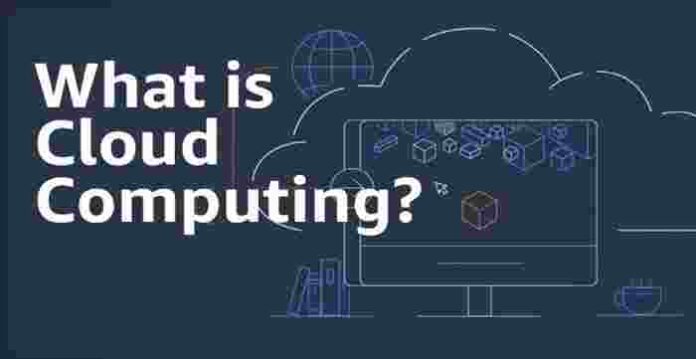Information technology needs of businesses nowadays are rising and will continue to rise in the years to come. Thankfully for them, cloud computing exists. It is one of the key technologies that have been the cornerstones of newer technologies driving digitalization upwards. Yet, it is still a relatively new technology but at the same time, it is constantly expanding thanks to its potential.
A lot of firms and professionals find the latest technologies as intimidating things, worried that they may not be able to learn about them in time. Yet, these technologies are user-friendly and professionals can learn them in time. Moreover they have the power to completely overhaul business processes and tasks.
Hence, this article will help people understand what Cloud Computing is, what its benefits are and how it is good for the world of business.
Defining the cloud
According to experts working at a well-known DDoS Protection Services firm in New York City, Cloud servers and computing is like delivering on-demand computing resources online through the internet. They are virtual servers running in an environment supported by cloud computing.
On a usual basis, businesses move their data and applications from physical servers to virtual servers of a cloud hosting services provider.
Cloud hosting makes websites and web apps accessible by means of cloud resources. Here, the resources are not traditionally deployed on an individual server. They are instead deployed through a network of connected virtual and physical cloud servers which host the web app/website thus ensuring flexibility and scalability to a greater degree.
Cloud computing helps businesses rent the needed equipment, manpower and space for managing and making it work correctly. A key benefit of it is the cost-optimized nature it has because it does not involve any upfront costs. Services are being provided to most businesses on-demand, i.e. they only pay for what they are using.
Different kinds of Cloud Servers and the way they work
Cloud computing servers work in the following ways:
Infrastructure as a Service (IaaS)
Infrastructure as a Service (IaaS) is among the most common forms of cloud computing services products. Here, companies can rent servers, storage spaces or both from a services provider with relevant ease.
Platform as a Service (PaaS)
Platform as a Service (PaaS) refers to services used for developing and running software applications on the internet. This provides the needed infrastructure for making and operating applications without companies having the need to maintain the infrastructure on their own.
Software as a Service (SaaS)
Software as a Service (SaaS) is the kind of cloud computing people are quite familiar with. Why? Because people rely on them for daily operations.
Different kinds of clouds are available
Here are the different kinds of clouds available in the market:
Public cloud
Public clouds are a common way of deploying cloud computing. It is a model where data is stored off-site on shared servers managed and maintained by the cloud service provider. This is an individual service offered to multiple clients at the same time.
With a public cloud, the service providing firm owns the support and infrastructure and it determines the service’s terms and conditions. An important benefit of this cloud is that the service can be scaled quickly. The only problem is that it is a public cloud (meaning not much privacy available).
Private cloud
Here, the computing resources are rented by an individual client and are dedicated towards their needs and goals, solely. Businesses can customize the control and maintenance of their service, which allows them to customize the infrastructure to meet the business needs as well as suiting their security and infrastructure requirements.
There is, however, a disadvantage in a private cloud i.e. customization is much more expensive than the standard software in a public cloud.
Hybrid Cloud
A hybrid cloud uses a combination of both private and public cloud services, which allows businesses to obtain the benefits of both. This kind of cloud gives businesses the advantage of each delivery method while minimizing the risks of choosing either a public one or private one.
Businesses can allocate resources to either private storage or a public one, but that depends on when, where and how they are needed. They can also scale the resources up and down with relevant ease as per the business’s needs. This cloud helps businesses tackle rising web traffic with increased computing power and storage levels.























